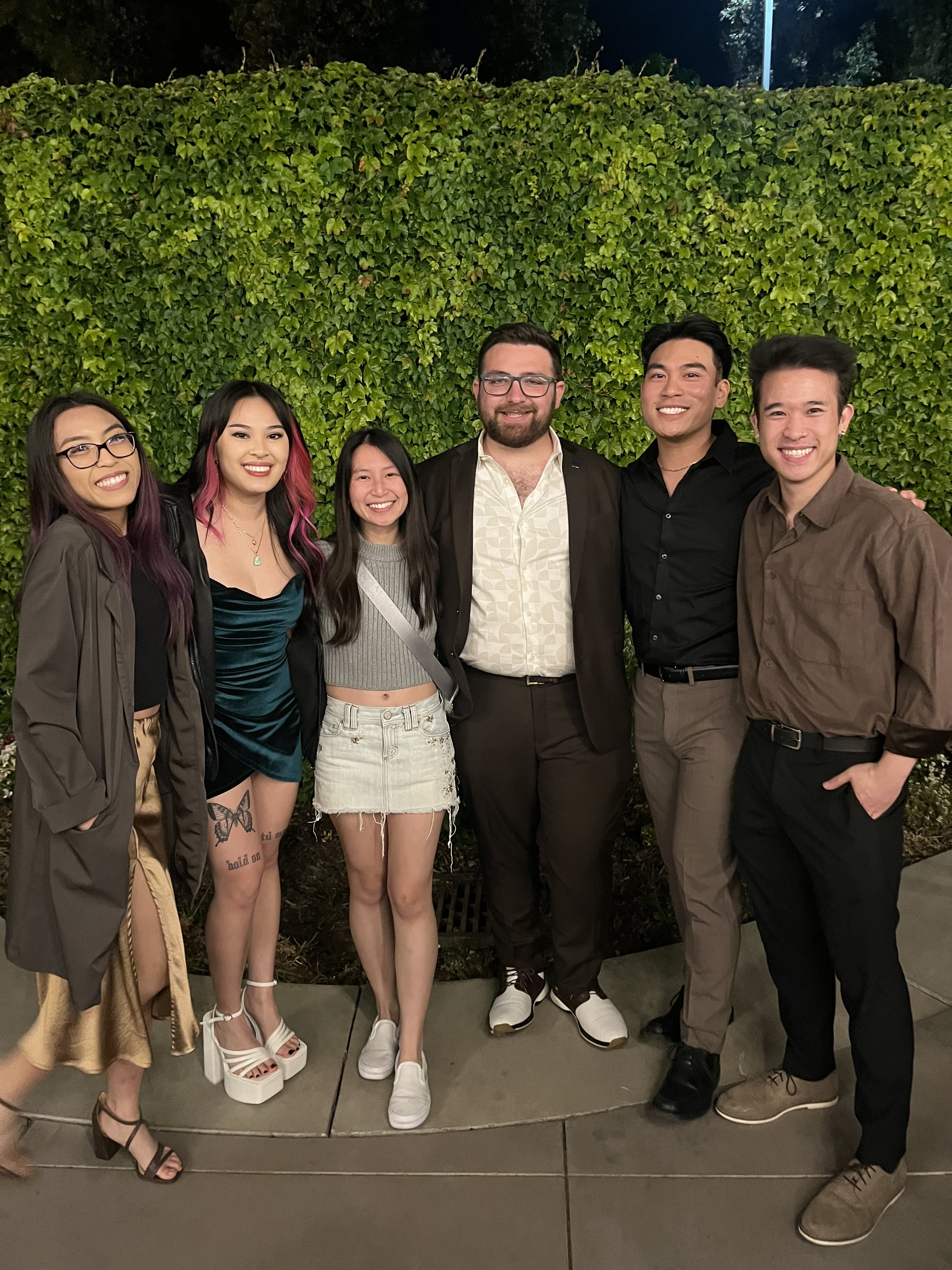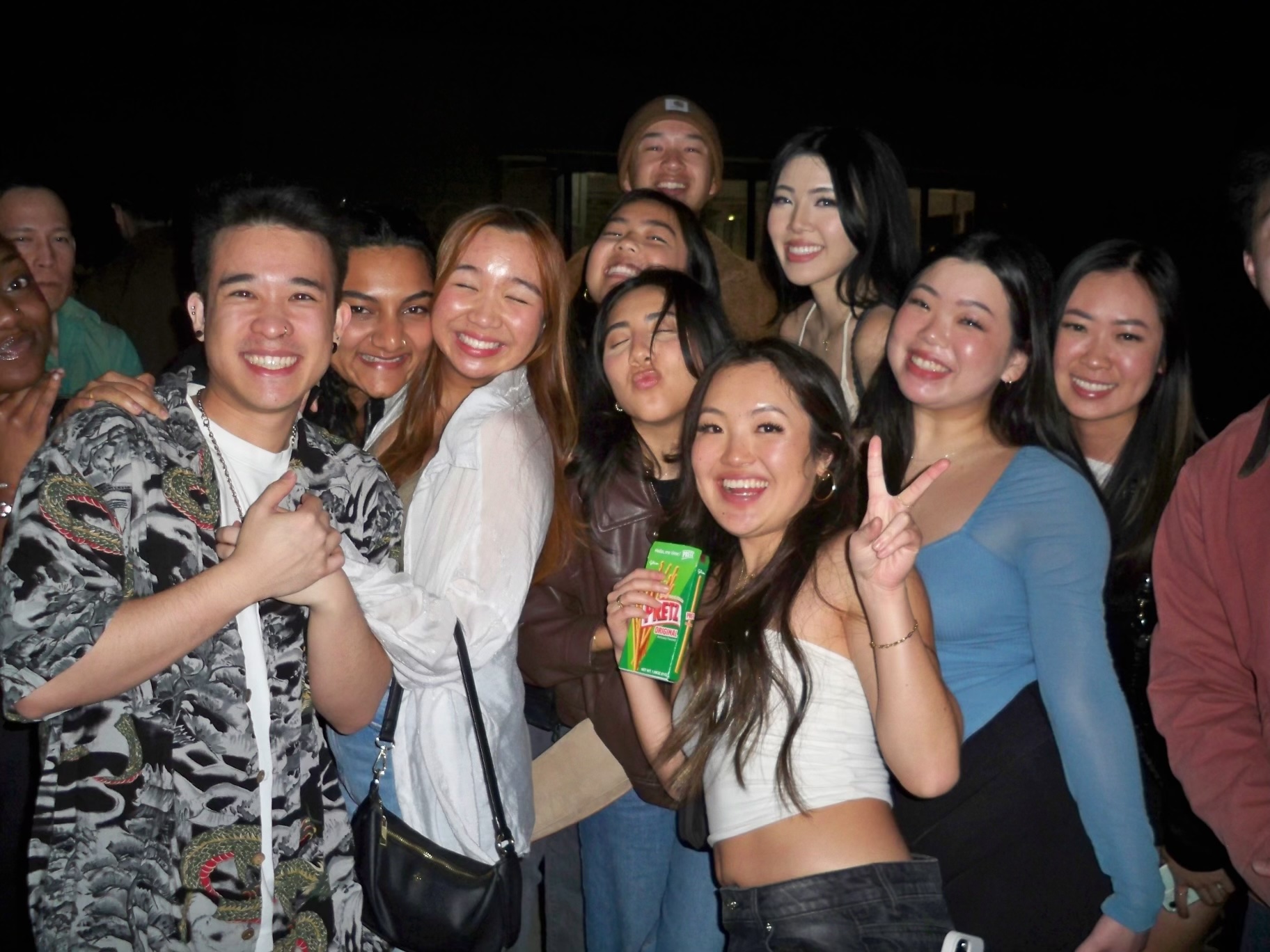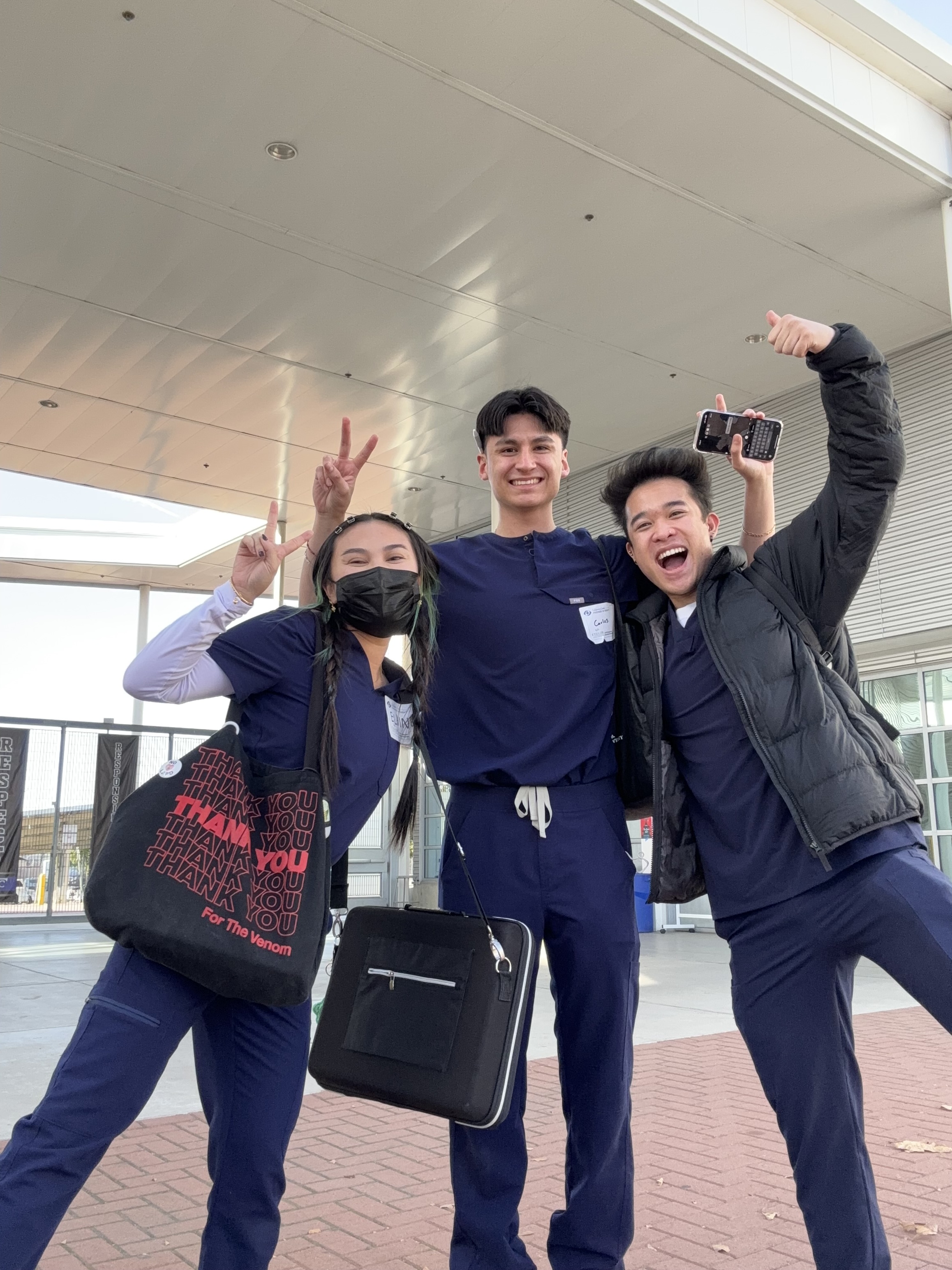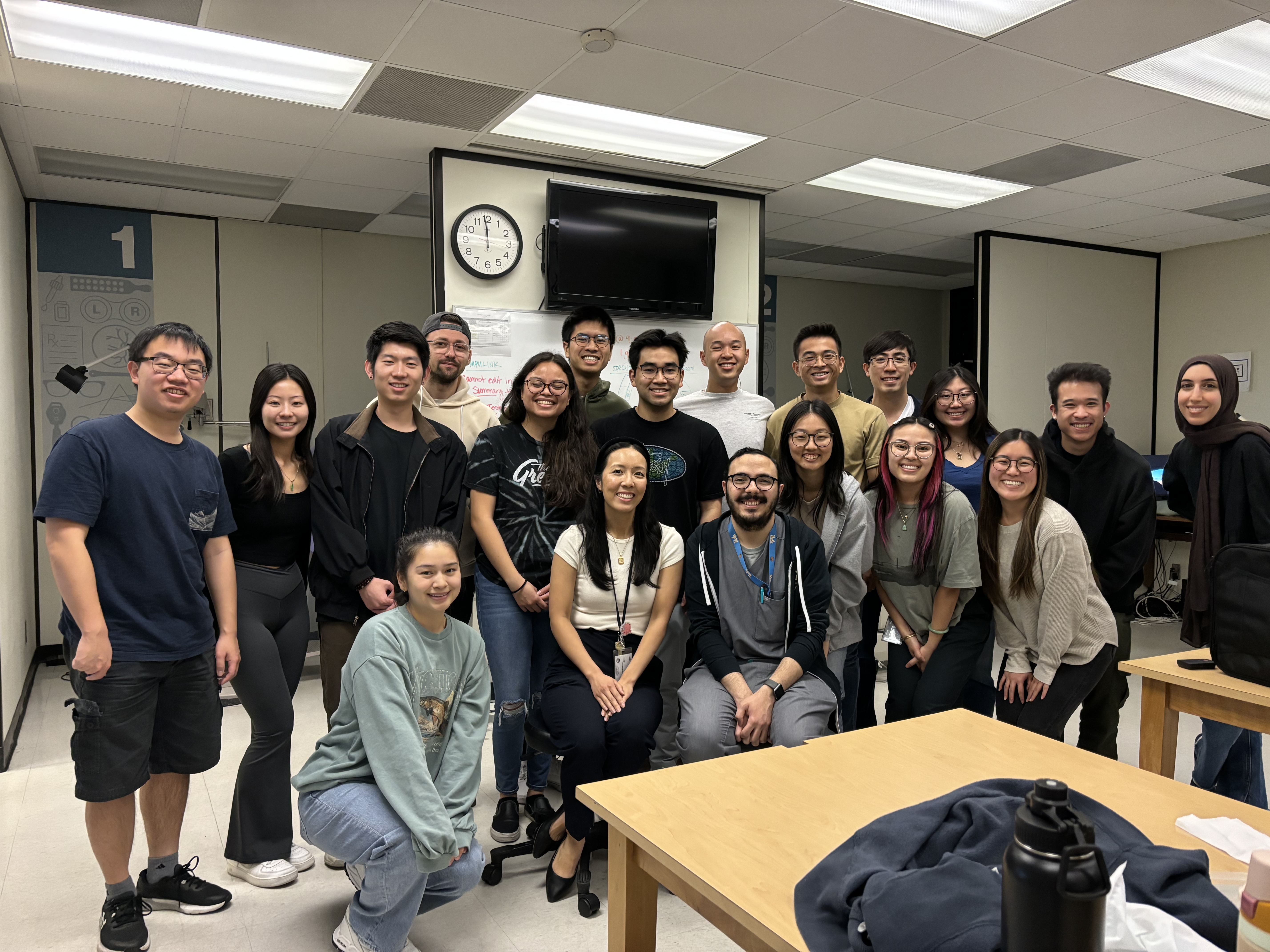As aspiring healthcare providers, it’s expected that we build relationships with those we work with, whether it be other doctors, staff, or patients.
In our case, lasting relationships beyond graduate school involve fostering meaningful connections, properly communicating your thoughts and feelings, and showing your support beyond your own interests. Compared to undergrad, the classmates and professors you meet here in graduate school will later become your colleagues and even close friends. These friendships are what help build a healthy, stable support group against the challenges you’ll face at MBKU and life. Initially, I thought it would be difficult to make friends considering I am a commuter, but by putting my foot through the door and taking advantage of every opportunity at MBKU, I’ve been able to create and cherish numerous friendships. Therefore, here are some tips to help:
1. Be Genuine: Be yourself and display genuine interests in the stories that others have to tell. People tend to trust those who are honest and transparent with their thoughts. Try to utilize small talk simply to initiate conversation, but don’t let it become the whole interaction. Rather than yes-no questions, try asking more open-ended questions that require more though-provoking answers.
2. Find Common Interests: It becomes easy to connect with someone when you share a common interest whether that be activities such as hiking, climbing, crocheting, playing pickleball, etc. Common interests also bring new ideas for group events that can help you expand your network. Even if you don’t have a common interest with someone, you can also take this chance to cultivate newfound interests through the experiences of others, which you can later use to connect with other people. To be honest, it was hard not being able to use optometry as a unique interest anymore. Haha

3. Stay Open-Minded: The lifestyles we live are not static; people grow and change. Therefore, you should stay open-minded and adaptable to the changes you find in your relationships. Change isn’t necessarily a bad thing, but it may take some getting used to. Try not to only relish over past memories and moments when you can stay in the present and make new ones. Additionally, not everyone is the same, and personally, I thrive when I get the chance to learn more about what makes someone else different.
4. Stay Connected: Ask people if you may add them on social media; regular communication is key to maintaining healthy relationships. Once in a while ask if someone wants to hang out or initiate conversation if someone posts a specific milestone or experience. Even if you haven’t been able to talk to someone for weeks, months, or even years, take a chance by reaching out and asking how someone is doing. Rekindle the spark that was initially brought forth when you first met someone.

5. Collaboration: There are many opportunities with school that allow for collaboration whether it be a group presentation, homework assignment, proficiency, or exam studies. Depending on the class, I do prefer independent study over group studying; however, the benefits of group studying foster deeper connections and shared experiences. There’s nothing more relatable than a 12 AM study session the night before an exam.
6. Network together: Once you start graduate school, you’ll receive numerous emails about networking events such as luncheons, seminars, and conferences. These opportunities are the best in the sense you get to meet established professionals already at the peak of their field and students from other schools. Don’t be afraid to go alone, but even better if you can go as a group. When I first start graduate school, some professors were doing various research experiments on campus, and my participation allowed me to connect with their knowledge, experience, and fascinations on these topics.

7. Be Respectful: We all come from different walks of life. What works for you may be different from someone else. Respect each other’s time, boundaries, experiences, and opinions. Put yourself at the perspective of someone else’s shoes and carefully determine your response to controversial topics. Don’t attempt to project your thoughts and ideals unless the other person is receptive. Sometimes the best move is to actively listen and lend an open arm.

